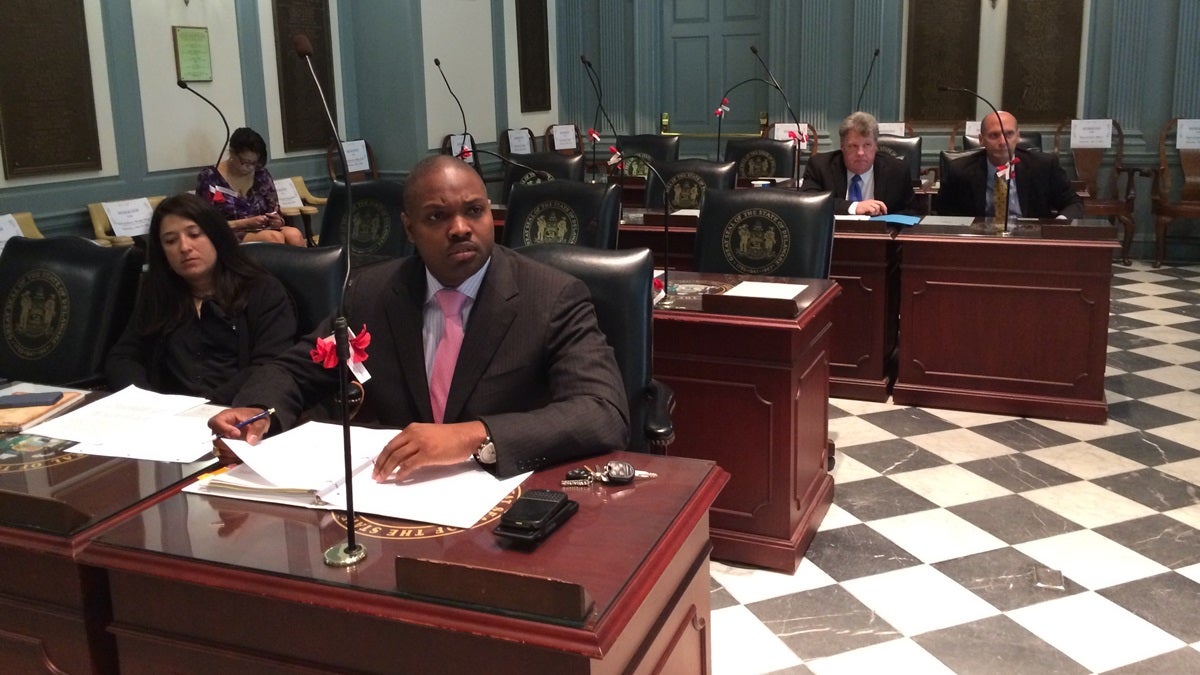Proposed changes for Delaware’s cash board [video]

Delaware State Treasurer Chip Flowers was satisfied as he left the Joint Sunset Committee’s review of the state’s Cash Management Policy Board.
In the past, Flowers and the board have clashed publicly over investments related to the state’s $2 billion portfolio. This conflict prompted Flowers to push for changes within the board.
“You don’t get everything you want in politics … but I think the public won today,” Flowers said after the JSC voted in favor of annual financial disclosure requirements for board members at Legislative Hall in Dover on Thursday.
“That’s really what the public wanted to make sure,” he continued, “that people who are managing their money are obviously disclosing their public finances and the public can see that information.”
In January, Flowers proposed four reforms to the 30-year-old board, of which Flowers is a member. He asked for mandatory financial disclosures, a prohibition from making political contributions, term limits and that the nine-member board be subject to open government and public oversight.
Flowers named it the “Honest Way” amendment.
Separate from his amendment, Flowers also wanted elected officials on the board, which at present is largely comprised of appointees of Gov. Jack Markell.
Based on suggestions provided by both Flowers and board members, the Sunset committee presented eight recommendations, that included moving administrative duties from the treasurer’s office to the Dept. of Finance, requiring board members to meet at least four times a year and making the board subject to open government rules.
The JSC, however, voted against term limits, the election of board members and the prohibition of political contributions.
“It’s not a scorecard, we put some ideas out there, I think term limits again we’re going to keep pushing for those, political contributions – banning those – we’re gonna still kind of push for those, but I think let’s take our victory today, which is financial disclosure,” Flowers said.
Secretary of Finance Thomas Cook, a member of the board, said he did not believe the board needed the reforms.
“It’s worked for 33 years,” Cook said. “I think that the results of the board over the years have shown that they’ve done exactly what their mission is and that is to protect the taxpayers’ investments.”
Cook said board members are not making single investments with Delaware’s finances; rather, the investment managers they hire are doing that. Board members, he said, are merely setting the policy standards for those investment managers to follow.
“I think this was really, quite honestly, some differences of opinion among the board members as to how the board should be run,” Cook said. “The treasurer had proposed doing some little more riskier investments and so I think that’s what brought this to a head.”
State lawmakers will now draft these recommendations into legislation that they hope to pass this session.
WHYY is your source for fact-based, in-depth journalism and information. As a nonprofit organization, we rely on financial support from readers like you. Please give today.





